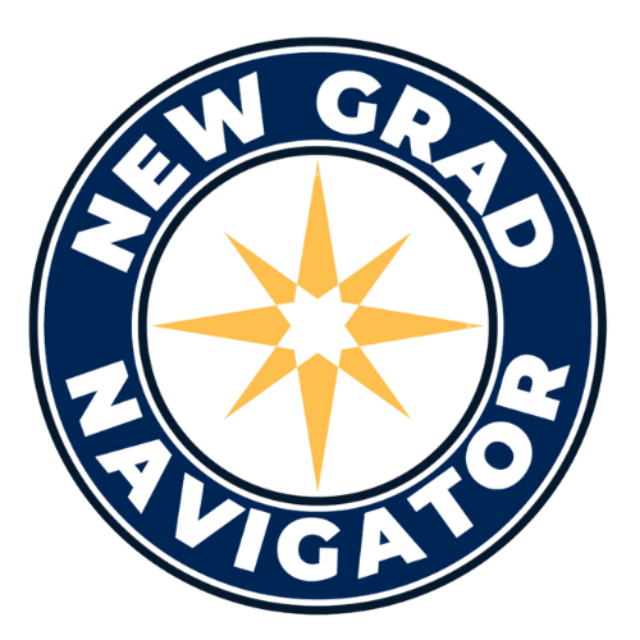
From Campus to Career: How to Talk About Your College Experience in Job Interviews
Sep 25, 2025One of the trickiest parts of job interviews as a new grad is figuring out how to talk about your college experience in a way that sounds professional and relevant. You might not have years of work history, but you do have valuable skills from classes, projects, internships, and campus involvement. The key is learning how to translate those experiences into stories that employers understand.
Here’s how to do it:
1. Think in Terms of Skills, Not Just Activities
Instead of simply listing what you did, highlight the skills you built.
- Instead of: “I was president of my sorority.”
- Try: “As president, I led a team of 25 members, coordinated events for 200+ students, and managed a $10,000 budget.”
Employers want to know what you can do, not just what you joined.
2. Use the STAR Method to Tell Stories
When answering behavioral questions (“Tell me about a time you worked on a team…”), organize your answer with STAR:
- Situation – What was happening?
- Task – What was your role?
- Action – What did you do?
- Result – What was the outcome?
Example: “In my marketing capstone (Situation), my team needed to create a campaign for a real client (Task). I coordinated our research, built the social strategy, and presented to the client (Action). The campaign was selected as the top project in the class (Result).”
3. Translate Academic Projects into Workplace Language
Big class projects often mirror real-world work. Don’t dismiss them as “just school.”
- Group projects = teamwork and collaboration.
- Research papers = analysis and communication.
- Presentations = public speaking and persuasion.
- Part-time jobs = time management and customer service.
Reframe them so an employer sees direct relevance.
4. Highlight Leadership and Initiative
Employers love to see that you’ve stepped up in some way. This doesn’t have to be a formal title.
- Did you organize a study group? That’s leadership.
- Did you propose a new idea in a club that actually got implemented? That’s initiative.
- Did you help solve a problem on campus or at an internship? That’s problem-solving.
Small moments can become powerful interview examples.
5. Practice Turning “Student Language” Into “Professional Language”
Swap out casual words for more business-like phrasing:
- “I had a group project” → “I collaborated with a cross-functional team.”
- “We had to write a really long paper” → “I conducted a 20-page research project
analyzing X.”
- “I worked at the campus coffee shop” → “I provided customer service to 100+ students daily, balancing speed and accuracy.”
6. Keep It Confident but Genuine
Don’t downplay your experiences — they’re valid. At the same time, avoid exaggeration. Speak honestly about what you did, and be ready to answer follow-up questions. Employers value self-awareness and authenticity just as much as polish.
Final Thought
Your college experience is more than just classes and clubs — it’s a training ground for skills employers need. The more you practice framing those experiences in interview-ready stories, the more confident you’ll feel. Remember: you don’t need years of experience to show you’re ready to contribute.

